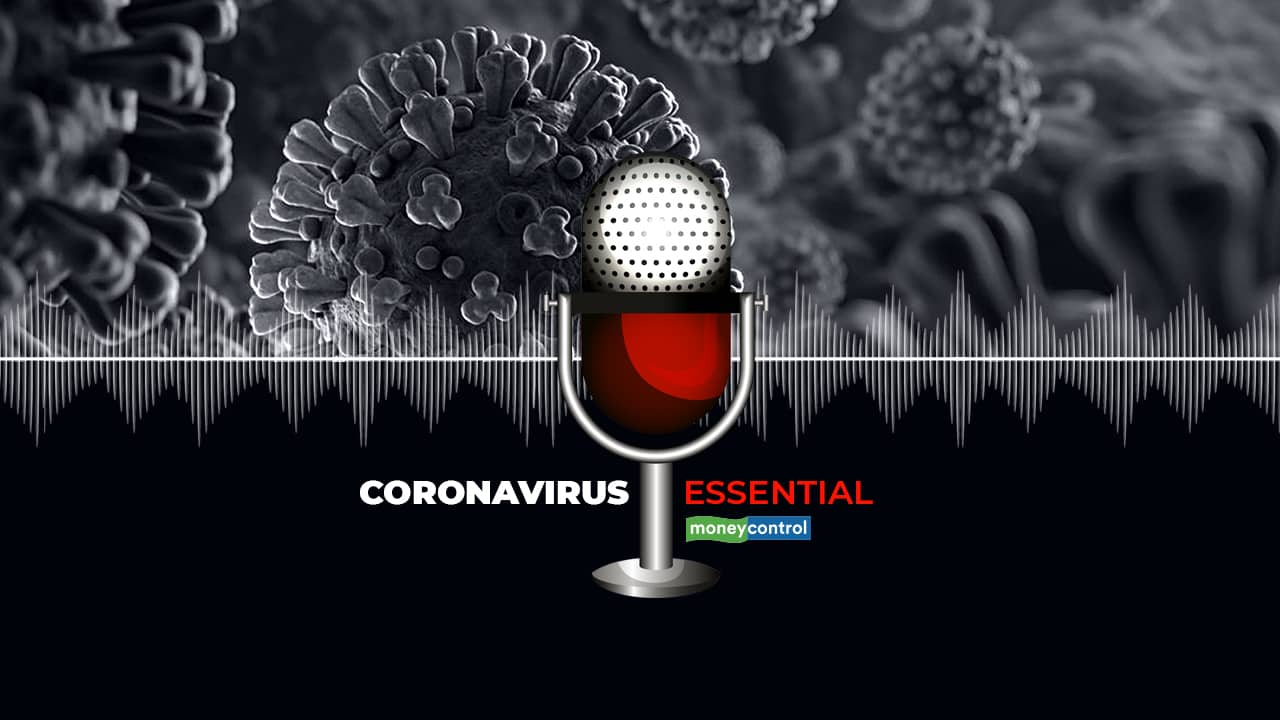The USFDA has put on hold its decision to issue emergency approval for blood plasma therapy as a Covid-19 treatment, according to a report by the New York Times. This step may affect India, as thousands of patients are now being treated through plasma therapy.
Meanwhile in Malaysia, a mutant form of coronavirus was found and was reported as being "10 times more infectious." However, scientists have said that this is not a concern for India as the strain is already widely prevalent in the country and is not any more virulent than the Wuhan strain. Another scientist confirmed that the strain is new for Malaysia but not for India.
Tune in to the Coronavirus Essential podcast with Sakshi Batra for the top pandemic updates of the day.
Discover the latest Business News, Sensex, and Nifty updates. Obtain Personal Finance insights, tax queries, and expert opinions on Moneycontrol or download the Moneycontrol App to stay updated!









